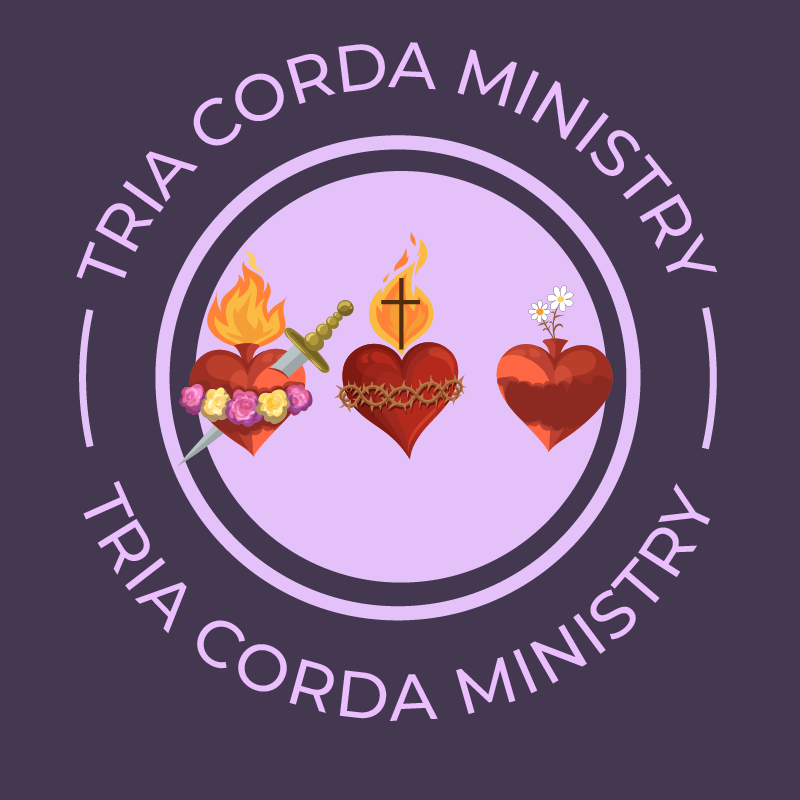To begin discussing how to promote counter-ACEs in youth ministry and religious education, we need to understand why counter-ACEs are important.
In our work with children, whether it be in youth ministry, sacramental preparation, or religious education, it is more likely than not that those in our care will have experienced childhood trauma.
Recent statistics suggest that 63.9% of people have experienced at least one adverse childhood experience. Exposure to ACEs is associated with higher odds of a host of negative outcomes, including most causes of death, mental health problems, addiction, and divorce.
The good news is that we can help to lower the odds of these adverse outcomes by promoting counter-ACEs. When children are exposed to counter-ACEs, even if their ACE score is high, their odds of these adverse outcomes are lower.
In our ministry with young people, we are in a great position to promote many counter-ACEs and thus create healing environments for the children in our charge who face trauma.
The other piece of good news is that many of the suggestions below don’t require a complete overhaul of our ministry. Instead, they just require a shift in intentionality and priorities to create these healing, protective environments.
How to Promote Counter-ACEs: 4 Suggestions
Suggestion 1: Intentionally foster friendships among young people.
Some of the most essential counter-ACEs involve childhood friendship, such as having a sense of belonging and having good, supportive friends. Good friends are also just important for thriving in general. Therefore, one of our goals when working with children should be to help them build community.
There are several ways we can do this:
- As they learn, invite the children to share their thoughts on the content with each other.
- Invite them to share about their lives with each other. We can invite children to share their lives through small group discussions, having the kids share about their days, or sharing their prayer intentions during group prayer.
- Have the children play games and participate in other group activities to foster community.
- Be a facilitator. If children are off by themselves, help them integrate into a group.
Suggestion 2: Teach young people how to pray.
It can be easy to emphasize facts and information retention, especially when we are involved in religious education and sacramental preparation. These things are, of course, important, but the most important thing we can do in ministry with young people is to help them have a relationship with the Lord.
How does this promote counter-ACEs? Having comforting beliefs is an important counter-ACE, and prayer and a relationship with the Lord help young people to know that God is always with them.
Here are some suggestions for teaching kids to pray:
- Use your time to teach children different types of prayer
- Pray at the beginning and end of your time together, and slowly invite the children to lead.
- Encourage children to develop regular prayer habits and ask them about their habits.
Suggestion 3: Facilitate young people’s participation in community traditions.
Another counter-ACE is participation in and enjoyment of community traditions. Catholics have many community traditions, including liturgies, holy day and feast day celebrations, and parish traditions. To help kids best participate in and enjoy these traditions, we must help them understand them.
Here are a few suggestions:
- Take the time to teach kids about the liturgical year, holy days, and feast days, and plan fun celebrations around them. Catholic Icing has some great resources for this.
- Take the time to teach kids about the different parts of the Mass and how they can get involved.
- As they grow old enough, encourage children to volunteer to participate in liturgical celebrations and other parish events.
- Organize outings to parish traditions, such as festivals and picnics, so the kids can participate together.
Suggestion 4: Strive to be a safe adult.
The most effective counter-ACE is for children to have safe, supportive, non-parent adults in their lives. When we work or volunteer in ministry for young people, we can become a safe adult.
How can we become one?
- Show interest in the young people’s lives. Ask questions, listen carefully, use their names, and strive to remember what they tell you.
- Strive to show unconditional love and patience. If you do fall out of this, apologize.
- Pray intentionally for them and ask what they need prayers for.
- If you are a leader, strive to recruit other regular volunteers and give intentional coaching about becoming a safe adult. Having multiple regular volunteers gives the children you minister to various options for safe adults since they may relate best with different types of people.
Conclusion
I encourage you to take the steps to design your ministry around promoting counter-ACEs. Leave a comment below about how you will implement these ideas and any others you come up with.
Subscribe to the email list below to receive a free workbook on implementing trauma-informed principles and protective factors in your ministry.

